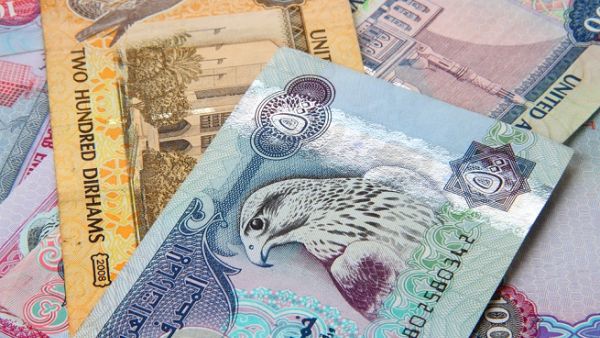Surplus reserves at UAE banks and other financial institutions surged to AED 42.8 billion ($11.6 billion) by the end of June, a growth of 77.6 per cent, or AED 18.7 billion, from AED 24.1 billion in the first month of the year 2017, according to UAE Central Bank statistics.
The figures reflect the resilience of the UAE banks' solvency position, not only at the level of the Gulf region but rather all over the Middle East, reports national news agency, WAM.
According to banking experts, the strength of the UAE banking sector has enabled it to consolidate its financial reserves despite slower growth in regional and global economy, highlighting the high investment returns provided by the UAE economy as one of the banking sector's several strengths comparatively with other banks in the region.
Surplus reserves at the Central Bank typically represent an additional source of income that generates annual returns for traditional banks and consequently maximise their revenues.
Since the beginning of 2017, surplus reserves at banks and financial institutions posted continual growth, rising from AED 24.1billion to AED 28.2 billion by the end of February, climbing to AED 36.2 billion in March, according to the latest financial survey issued by the UAE Central Bank.
In April, they declined to AED 28.3 billion before rebounding to AED 35.9 billion in May and going up further to AED 42.8 billion in June. The two months of February and March saw record highs with banks' surplus reserves rising by AED 8 billion from AED 7.6 billion in April and May.








